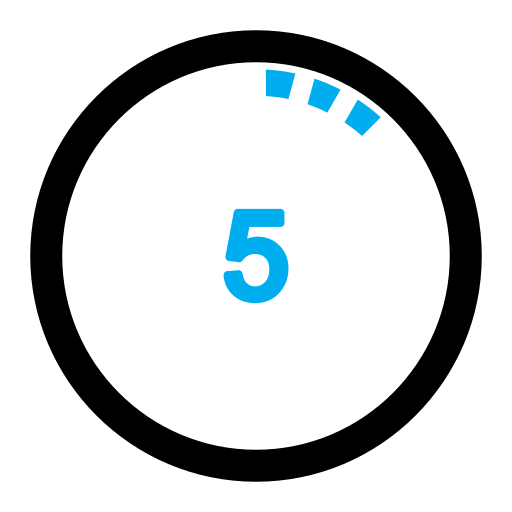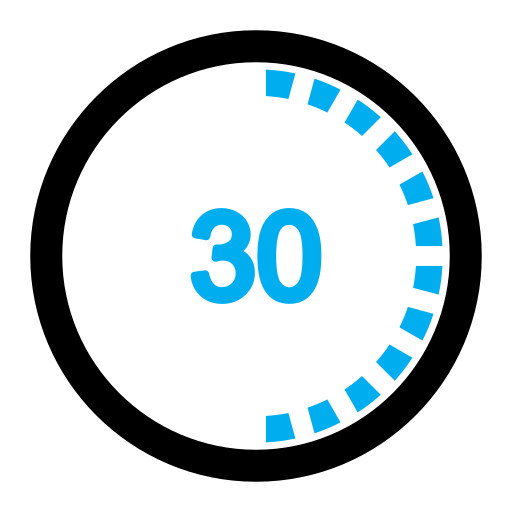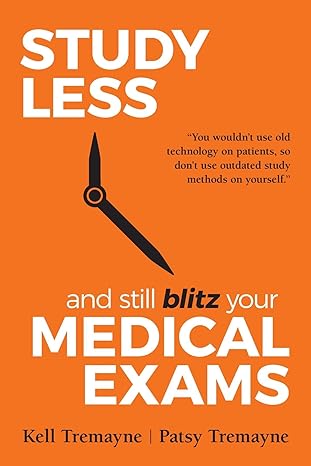How to Relax Your Mind and Body with Recovery Breaks – Recharge for Peak Study Performance
Imagine you're behind the wheel of a Formula 1 car, pushing the limits at 320 km/h. You’re focused, driven, and under pressure. But without pit stops—those crucial moments to refuel, reset, and recalibrate—you won’t finish the race. Studying for high-stakes exams, especially in medicine, feels the same. You’re racing against time, expectations, and exhaustion. But here’s the truth: you can’t win without knowing how to relax your mind and body.
Here’s why:
- Cognitive fatigue builds up like tyre wear. Without breaks, your brain loses traction.
- Stress hormones accumulate like engine heat. You need cool-down periods to prevent burnout.
- Sleep and exercise are your fuel and mechanics. They keep your system running smoothly.
Recovery breaks aren’t just about rest—they’re about optimizing performance. They’re the strategic pauses that allow you to go faster, longer, and smarter.
The Recovery Cycle: When and How to Relax Your Mind and Body
Learning how to relax your mind and body isn’t just about taking breaks—it’s about taking the right breaks at the right time.
Think of your day as a race track, and your brain as a high-performance vehicle.
To keep it running smoothly, you need
- a rhythm of recovery that includes short resets,
- daily recharges, and
- deeper weekly renewals.
Here’s how to structure your recovery cycle:
1. Micro Pit Stops – Every 50–60 Minutes
Duration: 5–10 minutes
Purpose: Prevent cognitive overload and mental fatigue
These are your mini mental resets—short, intentional breaks that help you maintain focus and avoid burnout during study or work sessions.

How to Relax Your Mind and Body:
- Stretch or walk: Movement boosts circulation and oxygen to the brain, improving alertness.
- Listen to calming music: Choose instrumental or ambient tracks to soothe your nervous system.
- Do breathwork: Try box breathing (inhale 4, hold 4, exhale 4, hold 4) to activate your parasympathetic system. Here are some ways to relieve stress quickly.
- Hydrate and snack mindfully: A glass of water or a handful of nuts can refresh your body and brain. Here are some ideas on healthy diet to keep you focused and on track.
Why it works: Short breaks improve memory retention and reduce stress hormones, helping you stay in the optimal zone for learning.
2. Mid-Race Breaks – Daily
Duration: 30–60 minutes
Purpose: Recharge emotionally and physically
These breaks are your daily decompression sessions—a chance to step away from the pressure and reconnect with yourself.

How to Relax Your Mind and Body:
- Exercise lightly: A brisk walk, yoga, or a short HIIT session can elevate mood and cognitive function.
- Eat mindfully: Avoid rushed meals. Sit down, chew slowly, and enjoy your food to engage your senses.
- Take a nap or meditate: Even 10–20 minutes of rest or mindfulness can reset your brain’s stress response.
- Journal or reflect: Write down your thoughts, wins, or worries to clear mental clutter.
Why it works: These breaks help regulate your emotional state, reduce cortisol, and improve your ability to focus when you return to study.
3. Weekend Pit Stops – Weekly
Duration: Half-day to full-day
Purpose: Reset your system and restore perspective
These are your deep recovery breaks—designed to replenish your energy reserves and reconnect with what matters outside of study.

How to Relax Your Mind and Body:
- Spend time in nature: Go for a hike, sit by the ocean, or walk barefoot on grass. Nature reduces anxiety and boosts creativity.
- Disconnect from screens: Give your brain a break from digital stimulation. Read a book, cook, or do a puzzle.
- Do something creative: Paint, play music, bake, or build something. Creative flow states are deeply restorative.
- Socialize meaningfully: Spend time with people who energize you. Laughter and connection are powerful stress buffers.
Why it works: Weekly pit stops allow your brain to consolidate learning, reset emotionally, and prevent long-term burnout. As Study Less emphasizes, wellbeing is not a luxury—it’s a performance tool.
Final Thoughts: Relaxation Is a Skill—And a Strategy
In the high-pressure world of study, especially in medicine, relaxation isn’t a luxury—it’s a performance strategy. Learning how to relax your mind and body is not about stepping away from your goals; it’s about stepping into them with clarity, energy, and resilience.
Recovery breaks—your personal pit stops—are the key to unlocking this skill. Whether it’s a 5-minute breathwork session, a midday walk, or a weekend in nature, each break is a chance to reset your nervous system, sharpen your focus, and reconnect with your purpose.
Remember:
- You don’t need to earn rest.
- You don’t need to feel guilty for taking a break.
- You don’t need to wait until burnout to prioritize your wellbeing.
The most successful students and professionals aren’t the ones who push hardest—they’re the ones who recover best. So take the time to breathe, move, reflect, and recharge. Your mind will thank you. Your memory will reward you. And your performance will prove it.





